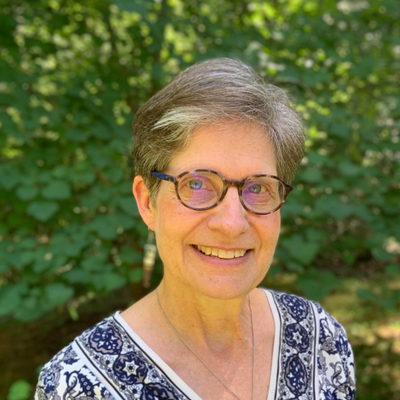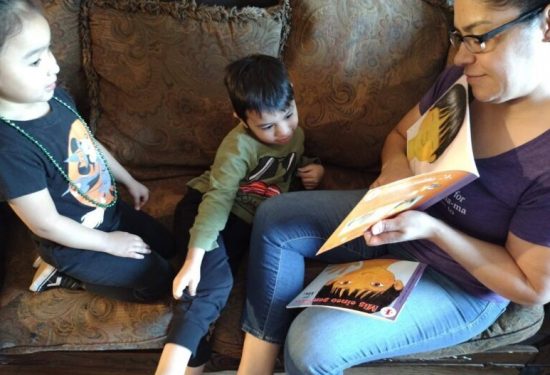Years ago when I was an elementary school leader supervising 30 K-5 teachers and teaching assistants, I held one-on-one meetings with my staff in which I asked each teacher this question: “What makes you feel safe, valued, and productive?” Their answers varied from “being able to get a substitute when I’m sick or my child is sick” to “the administration being willing to try out new ideas or solutions that teachers offer. For example, we’d like to be involved in creating the school year calendar.” In schools, teachers and administrators work as partners on behalf of children and families. Teachers are professionals, who certainly do a better job if they feel respected, seen and recognized as experts whose ideas and perspectives impact organizational decisions and directions.
Child care providers are no different. Home Grown Executive Director Natalie Renew notes that child care providers also “need to be regarded as partners who play a critical role in state licensing systems.” Real partnership, says Chris Nelson, Home Grown’s Provider in Residence, “means working collaboratively and equitably towards desired outcomes with equal respect for the expertise of all stakeholders. It means recognizing that those who do the work have a unique insight and offer value and expertise to regulatory planning. It means these voices are necessary to identify unintended consequences, financial implications, and barriers to the sustainability and recruitment of the child care industry.”
That’s the key message of Building Belonging: Valuing Family Child Care via Licensing Systems, a treasure trove of recommendations issued this summer by Home Grown’s Family Child Care Licensing Work Group, composed of six home-based providers with nearly a century of experience among them. Not surprisingly, the group’s recommendations mirror many of the suggestions I heard from elementary school teachers all those years ago. Licensed providers want clear standards of practice, equitable access to information about licensing requirements and procedures as they set up their businesses, fair processes for monitoring their professionalism, support for professional development, and most of all representation in the decision-making bodies that regulate their work.
“I’d like to see provider voice requested and expected at the planning stage, not as an afterthought on a review panel,” says Nelson. Nelson explains that the time she felt the most disrespected was when her licensing agency invited providers to participate in a regulatory review process where providers explained their concerns and offered solutions. A few weeks later, the agency leaders said they had consulted “experts,” and dismissed providers’ ideas and retained the regulations without changes.
The licensing report lifts up many Voices from the Field, which punctuate each recommendation. These comments, in providers’ own words, from dozens of early childhood educators, give context to the recommendations and add the emphasis of lived experience to practical suggestions for change. “Including home-based providers in state licensing decisions and regulations creates opportunities to develop mutual respect. Compliance and high-quality care are byproducts of trust, understanding, and collaboration,” says Nelson.
Sheryl Hutzenbiler, the National Association of Family Child Care’s Accredited Educator of the Year and member of the Licensing Work Group, agrees. “There won’t be a sustainable change in our businesses until licensing agencies and legislators recognize the TRUE cost of early child care and education, including liveable wages, health insurance, retirement plans, plus ALL materials and operating expenses.” Hutzenbeiler notes that providers themselves are the experts in the child care industry. “We have a responsibility to bring our voice into conversations, to ignite positive, professional, healthy, and safe change. Legislators need more education about our industry so that they can make informed decisions around policy and funding streams. Who better to provide that education than early childhood professionals!”
Throughout the report, providers also express appreciation for how licensing regulations and procedures hold providers accountable, incentivize high quality care, and support providers’ professionalism as caregivers and educators. The providers represented here don’t want less regulation, they simply want to be included from the get-go in designing and improving those regulations so that they address the unique context of home-based care–where they live and raise their own families, as well as operate a child care business that serves families in the community.
If the goal is to improve the quality of care for all kids and to ensure licensing standards treat all caregivers equitably, then there’s no one better to provide feedback than caregivers themselves. Everyone benefits when regulators, providers and families work together.




